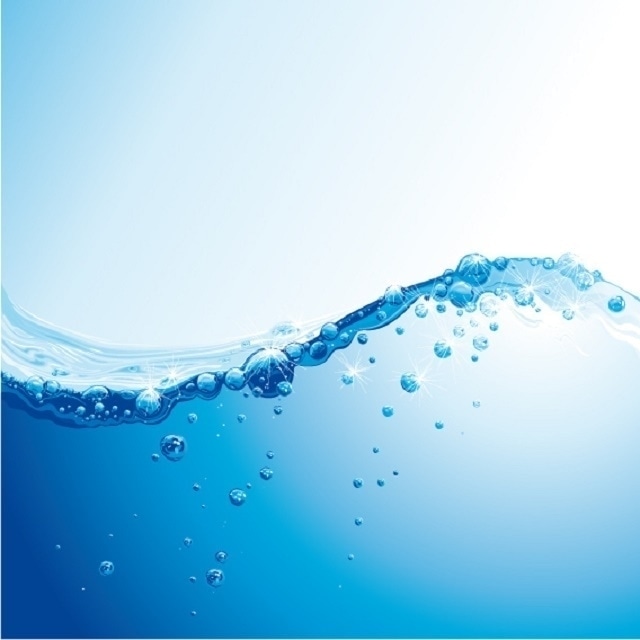Mar 4 2016
A latest study reported in the Environmental Research Letters journal states that the efforts to mitigate climatic conditions might cause pressure to increase water resources.
 Image Credit: Block23/Shutterstock.com
Image Credit: Block23/Shutterstock.com
This problem can be solved by increasing energy efficiency, and focusing more on resources that require less water, like solar and wind power, or by adopting more water efficient cooling technologies.
The new study planned to systematically analyze the driving factors of water demand in the energy system. Therefore, 41 scenarios that were proposed by the IIASA-led 2012 Global Energy Assessment to limit future climate change to less than the 2°C target were examined for the future energy system.
While there are alternative possible energy transition pathways which would allow us to limit global warming to 2°C, many of these could lead to unsustainable long-term water use. Depending on the energy pathway chosen, the resulting water use by the energy sector could lead to water allocation conflicts with other sectors such as agriculture or domestic use, resulting in local shortages.
Oliver Fricko, Researcher, IIASA
Approximately 15% of global water is already being consumed by the energy sector, however, the study shows that the global water consumption by the energy sector could increase over 600% by 2100, in comparison to water usage in 2000. Major quantities of water are consumed by power plants that require water cooling. Some of the water demanding sources include thermoelectric power plants, centralized solar power plants as well as nuclear and fossil fuel or biomass-powered plants.
The problem is not only with increasing water consumption, it is also due to the water that is released from the power plants. The water used for cooling at power plants is released again into water resources. However, this water is harmful to aquatic life because of its higher temperature. This is thermal pollution. According to the study, it is necessary to follow effective mitigation technologies to avoid increase in thermal pollution in the future.
The significance of energy efficiency is highlighted in this study.
The simplest way to reduce the pressure that the energy sector puts on water resources is to reduce the amount of energy that we use by increasing energy efficiency. This is especially true for developing countries where electricity demand is set to increase rapidly.
Simon Parkinson, Researcher, IIASA
A recent IIASA study illustrates the impact of climate change on water resources can also have an impact on the energy production capacity. The latest study is in line with the finding, as it highlights the significance of an integrated analysis to gain knowledge about interrelated global challenges relating to water, climate, and energy.
Our findings have major implications for the way how climate change mitigation strategies should be designed. Energy planners need to put more emphasis on the local water impacts, since they may limit policy choices. Ultimately we need integrated strategies, which maximize synergies and avoid trade-offs between the water and climate change and other energy-related objectives.
Keywan Riahi, Director of the Energy Program, IIASA.
This new study provides an analysis relating to water, energy, and climate change mitigation, which is the focus area of a number of new IIASA research projects. It is based on the research carried out for the IIASA-coordinated Global Energy Assessment.